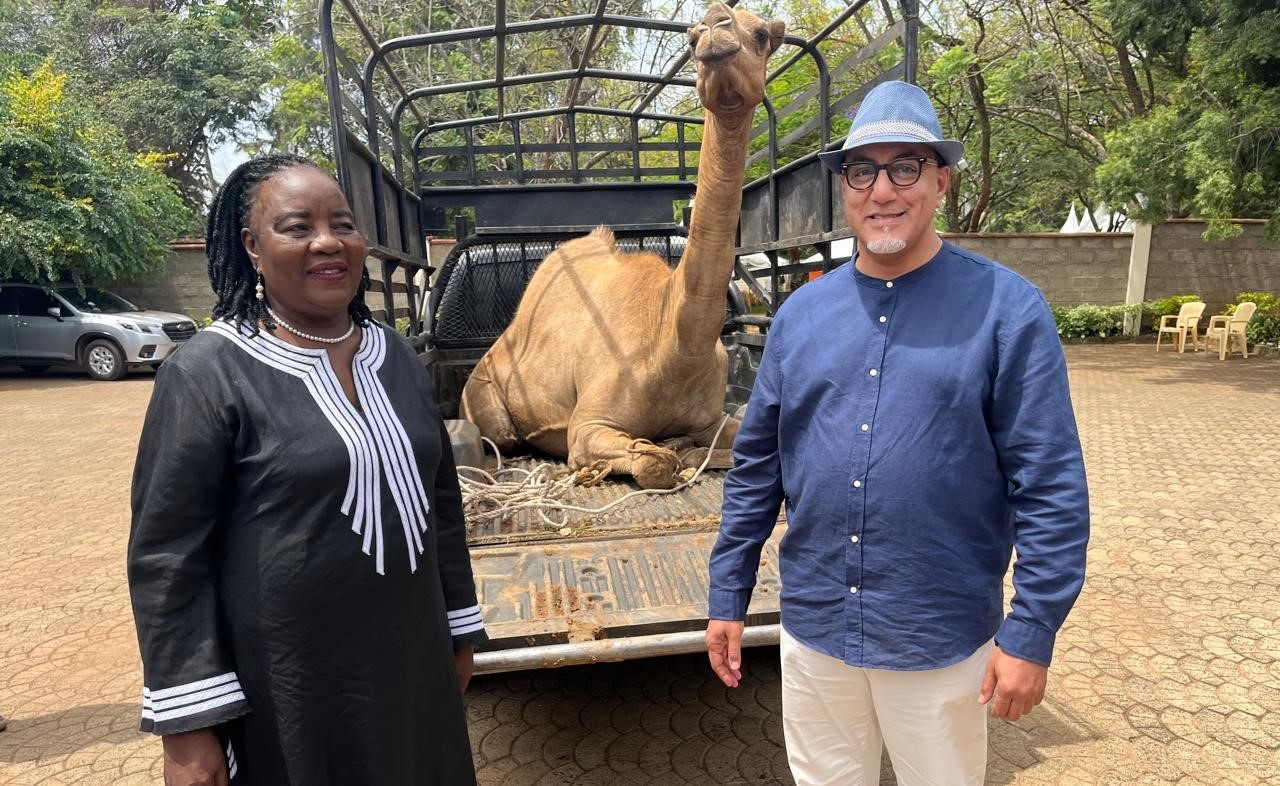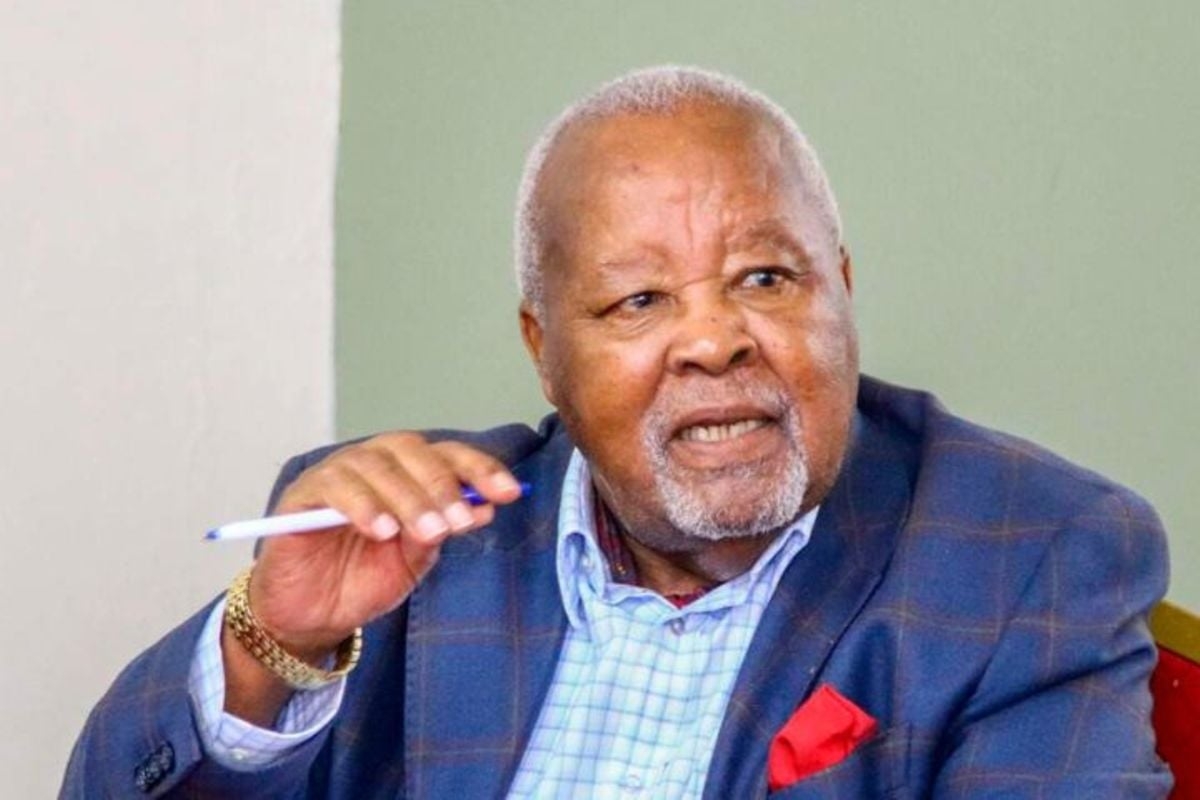Kenyans may have lost more than Sh10 billion in questionable payments to oil marketing companies under the fuel subsidy programme.
A new audit says government officials may have broken the law in the Sh5.3 billion advance payment to oil marketing companies, Sh2.2 billion administration costs, and Sh3 billion demurrage.
Auditor General Nancy Gathungu flagged the transactions in a special audit of supplementary budgets drawn by the Treasury for the past 10 years.
She said there were irregularities in the payments made to the companies by the government for the period ended June 30, 2023.
In the report to Parliament, it has emerged that the Petroleum Ministry, EPRA, and Oil Marketing Companies agreed that cargo importers would charge an administrative fee of 50 cents per litre.
The report shows that the money was to cater for the disbursement, documentation and processing of stabilization funds received from the Ministry.
“There was no justification for including the stabilization administration costs in the pump price build-up,” Gathungu said.
On the advance payments to the OMCs for fuel price stabilization, Gathungu said the transactions were irregular as there was no legal framework for advance payments.
Gathungu adds that her review did not unearth any evidence of recovery of the said advance payment in subsequent payments to the oil marketers.
“There was no legal framework for advance payment and there was no evidence of recovery of this advance in subsequent payments to the oil marketing companies,” the auditor general said.
This was even as it emerged that more than Sh139 billion was used in the fuel subsidy programme from 2020 to 2023.
While this was the case, the audit revealed that the cost of demurrage, which was among the reasons for subsidy payments, was passed to the consumer.
“The special audit team established that approved demurrage charges were to be passed to the consumer through pump price adjustment,” Gathungu said.
Management said the main causes of demurrage charges included scheduling inefficiencies, constraints at the Kenya Pipeline Company Limited receiving facilities and changes in vessel arrival dates by importers.
In this regard, Kenyans paid more than Sh3.1 billion to help oil marketers recover the costs stemming from the delays in clearance of fuel cargo at the terminal.
“Review of records confirmed that the vessels that docked at the port attracted demurrage charges amounting to Sh3,182,427,410, which were passed on to the customers through pump prices,” Gathungu reported.
She said that in the circumstances, the stabilization programme may have been hampered by avoidable additional costs.
“The cost was passed to the consumers. The stabilization programme may not have cushioned the citizens from the high pump prices,” the report reads.
The government introduced the fuel subsidy programme in April 2021 to cushion citizens from the adverse effects of Covid-19 on the economy.
Management explained that the advance sales were compensated at the price differential between effective pump prices for the period.
EPRA said the payments also covered the preceding period for volumes sold between the 10th day of the previous pricing cycle and the 10th day of the next pricing cycle.
The government said the move was to cushion the oil marketers who had already sold the volumes since the increase in prices in the next cycle.
Gathungu recommended that the principal secretary should provide the basis for determining administration costs.
She further recommended that regulations be formulated to determine demurrage charges that can be passed to the customers and importers.
“A committee to determine the demurrage charges payable to oil marketing companies should be formed,” the auditor said.
The fuel subsidy debate featured prominently in the presidential race that pit President William Ruto against Raila Odinga, who was backed by his then-boss Uhuru Kenyatta.
Kenya Kwanza claimed that the programme was lining the pockets of a few well-to-do business players at the expense of wananchi who were left with the burden of meeting the cost of the subsidies.
United Democratic Alliance honchos led by Secretary General Cleophas Malala earlier said the revelations were troubling.
They termed the actions of the previous administration – in its latter days, as “an act of shameless theft”.
“The political hypocrisy is dumbfounding. It's painful to learn maize and fuel subsidies were to fund campaigns,” Malala said then.
The Budget Committee of the National Assembly had also concluded that there was no satisfactory information given, or documents produced to support the expenditures.



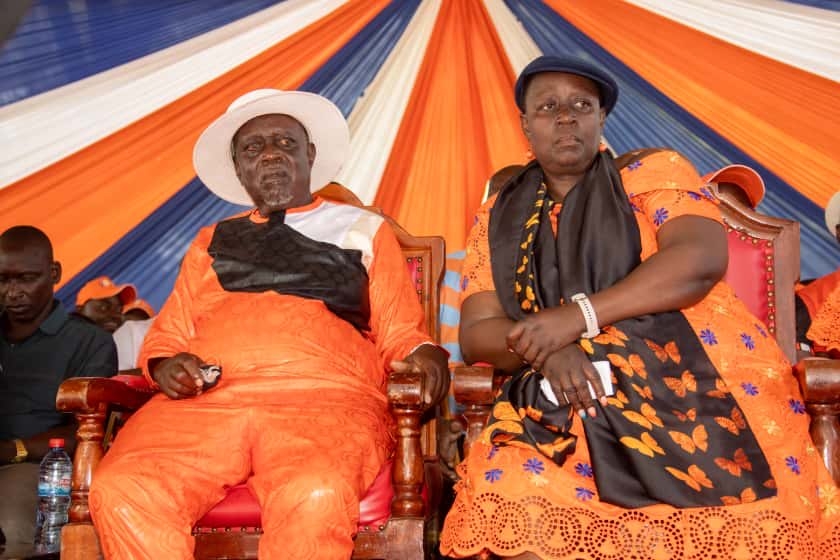


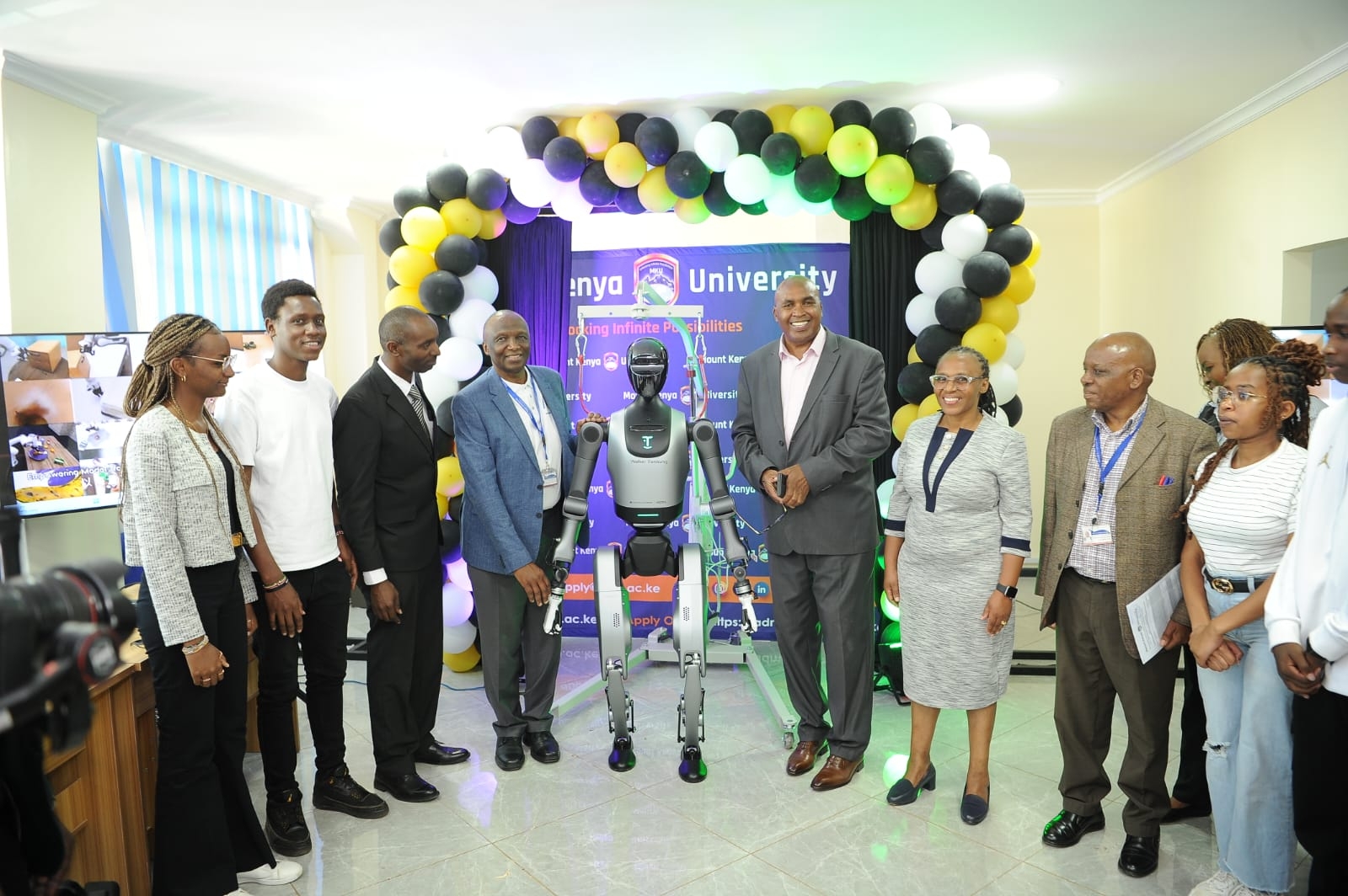


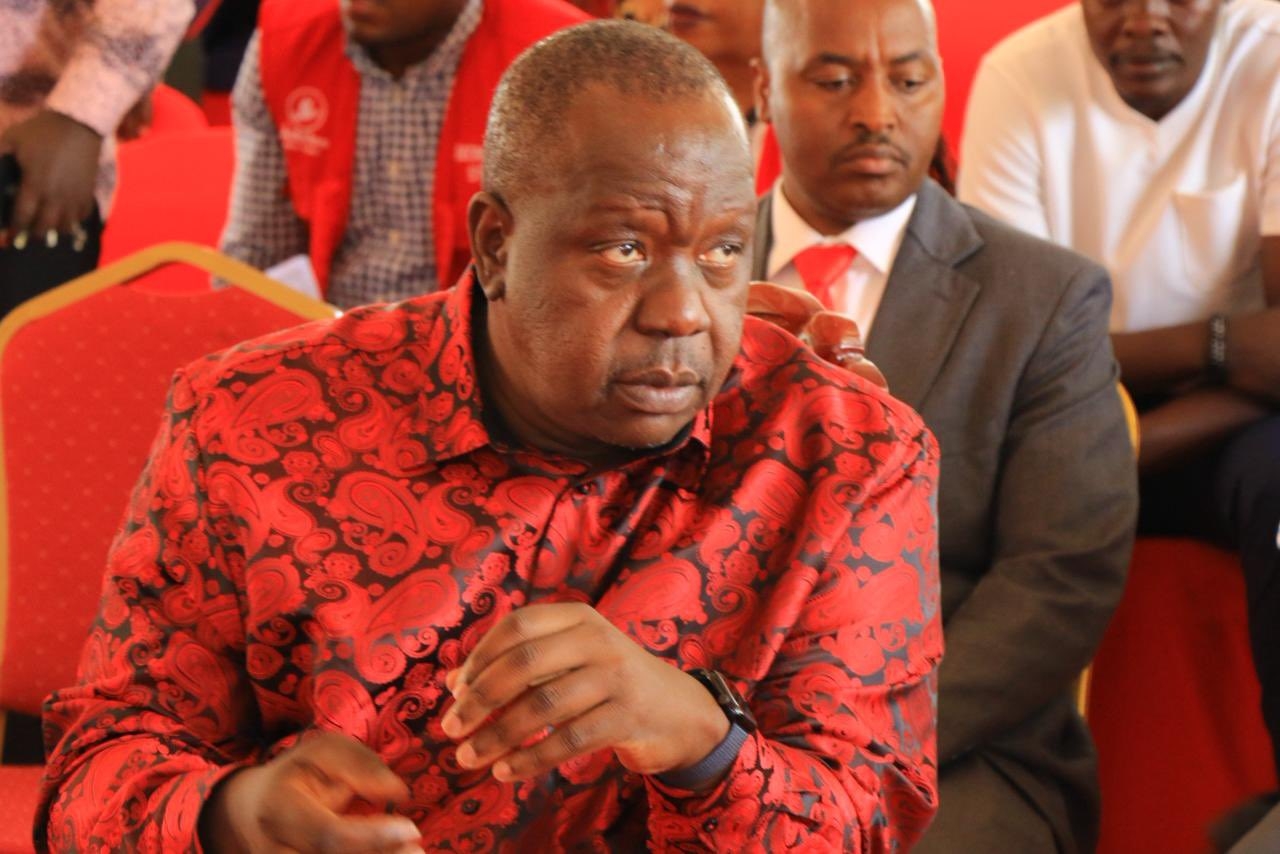
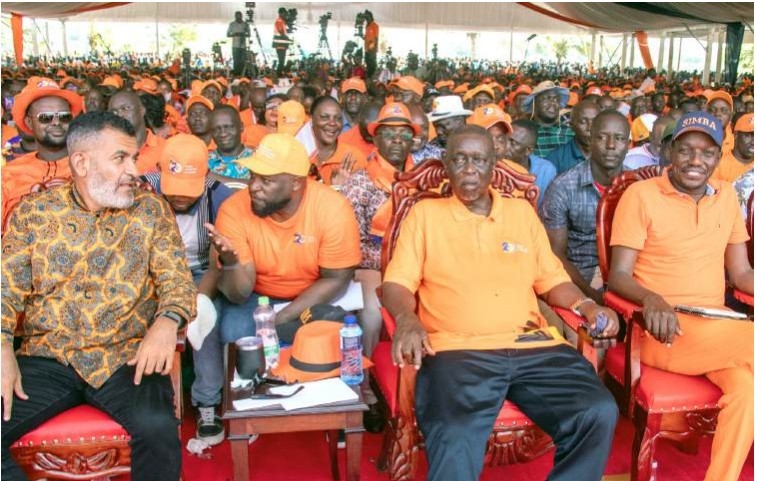
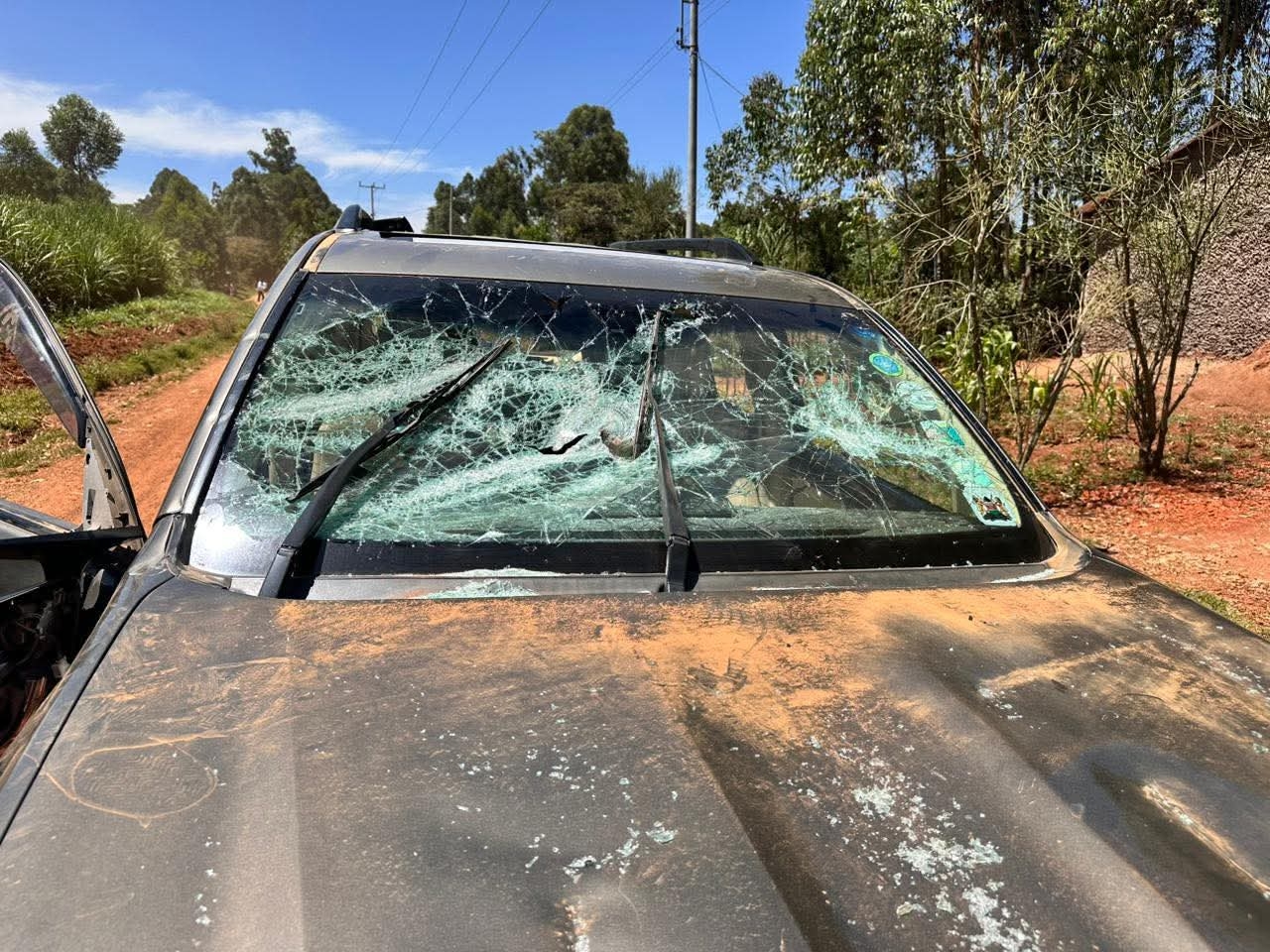

![[PHOTOS] Ole Ntutu’s son weds in stylish red-themed wedding](/_next/image?url=https%3A%2F%2Fcdn.radioafrica.digital%2Fimage%2F2025%2F11%2Ff0a5154e-67fd-4594-9d5d-6196bf96ed79.jpeg&w=3840&q=100)
